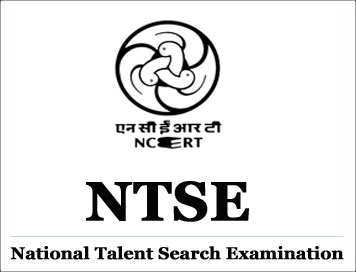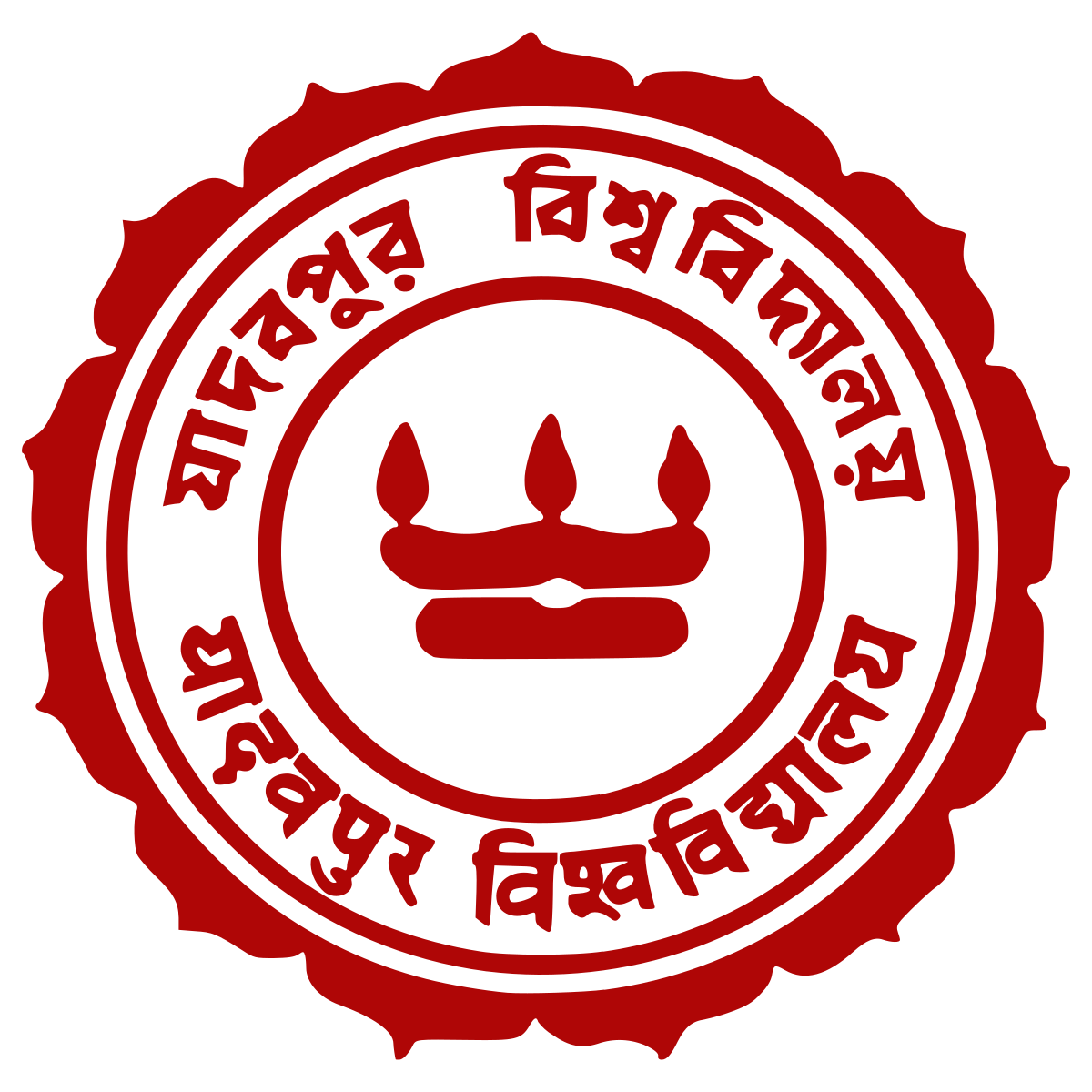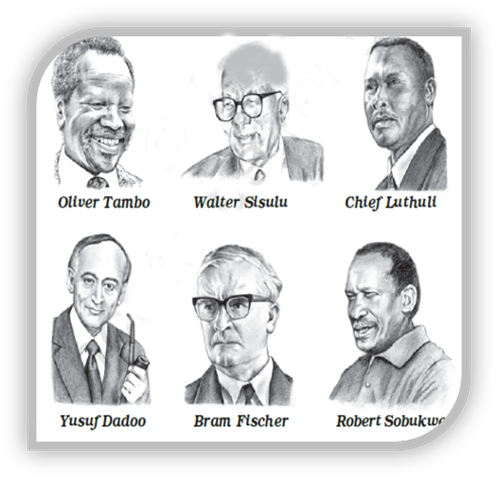Its an important notification for all those student who are prepairing for NTSE stage 2. After the announcement of lockdown extension by honourable prime minister you were expecting that NTSE stage will be cancelled when this announcement will be done? What are new dates? Is NTSE exam will be conducted or not?
Then we have brought very important notification from reliable resources that stage 2 exam is postponed . We get this notification from official twitter handle of NCERT. But about new dates nothing is mentioned there but all the NTSE stage 2 aspirant should not stop their studies they should spend majority of their time in thier preparation and they should also solve more and more previous year papers.
Then we have brought very important notification from reliable resources that stage 2 exam is postponed . We get this notification from official twitter handle of NCERT. But about new dates nothing is mentioned there but all the NTSE stage 2 aspirant should not stop their studies they should spend majority of their time in thier preparation and they should also solve more and more previous year papers.
































